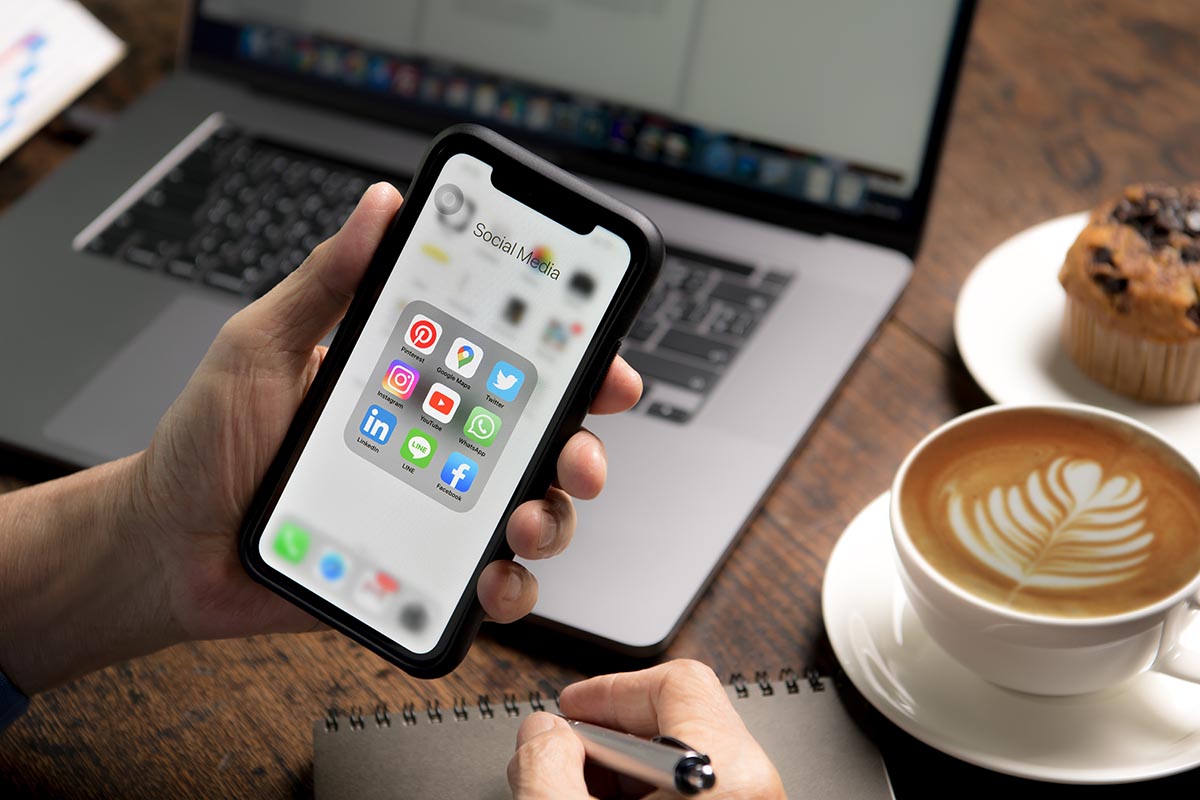7 Ways to Safeguard Your Business Idea
Many entrepreneurs face the risk of their business idea getting stolen, their business being unsuccessful. or perhaps both. This risk becomes even more of a possibility, especially when you need to talk to potential investors and bankers to secure funds and get your business started. According to statistics, approximately 35% of US entrepreneurs have admitted fear of start-up failure. Additionally, several others have felt powerless when their ideas are stolen, especially by large corporations. But what if there was a way to prevent this? Here are some effective ways to protect your business ideas.
Copyright
This is a form of protection offered to content creators and authors for specific parts of their works. In contrast to trademarks and patents indicated earlier, there’s no formal prerequisite to register your innovation. Proof of ownership lies in the creator’s domain in case of ownership disputes; the individual who creates the work is granted copyright ownership.
For instance, a photographer is deemed copyright owner of a photograph taken. Since it’s a form of property, ownership is transferable to others, let’s say a publisher. Yet, in an employer and employee setting, the latter is granted ownership unless explicitly stated in an existing agreement.
Copyright covers several categories of works, including;
- Cable broadcast programs
- Original artistic works on literature, musicals, and drama
- Films and audio productions
- Computer and tech programs
- Published typographical works and editions.
Copyright goes into effect immediately when a piece of work is published, written to paper, filmed, or takes the form of mediums, such as the internet, CD-ROM, DVD, etc. The law protects only expressed work and simply not the thought.
Safeguard Business Idea: Trademarks
Since your business logo and brand name uniquely describes your business, products, and services from other businesses, you can legally register it. Trademarks may include names, logos, designs, numerals, or products, and their packaging distinct enough to identify your business with. The US trademark law regulated by the Lanham Act indicates that trademarks are automatically acquired when a business adopts a logo or name, which is enforceable in state courts. However, registering with the US Patent and Trademark Office offers your business a higher degree of protection.
Patents
A patent is great legal protection if you plan on inventing or designing a new product. It offers a limited time period to prevent others from exploiting the products you have rights to either through creation, use, marketing, and importation without your consent. Patenting is a type of industrial property that you can allot, license, transfer, or utilize, although they’re territorial. This implies that a US patent is binding only in America. In the US, a patency license lasts for a period of 20 years and commences immediately after you apply. However, it attracts periodic charges to enforce the patency continually.
When an application is filed, a pending patent is issued on the product to notify other competition against creating, using, or marketing the invention.
Don’t give out too much information 
Having completed your research, you may have to meet your potential investor to pitch your business idea to them. However, ensure you avoid revealing every detail and production process. To guard against theft, keep the important details to yourself. While it may be crucial to grant an investor a good view of your business idea, full disclosure is not advised at this stage. When you begin making progress, you can offer more insight while utilizing legal means like a non-disclosure agreement to protect your property.
Safeguard Business Idea: Intellectual property
If you’re contemplating investing in a service delivery business, the intellectual property owners may very well be more significant than the actual product. Intellectual property is the result of your conceptual efforts, which may appeal to others who may want to utilize it or the merchandise it portrays. This means you own your creativity and innovativeness just like you do your physical possessions. Therefore, you can control access to them by other individuals in a manner that works to your advantage.
Without the application and granting of intellectual ownership, it may be impossible to control others’ access to your creatives. Yet, there are some circumstances where intellectual ownership, such as copyright, is automatically granted without registering. Immediately there’s a record that some of the formwork has been made, and copyright ownership is granted.
While these are great ways to protect your business ideas, it’s often a challenge for many entrepreneurs due to the high cost, legal guidelines, and the waiting time before being granted patency. However, for business owners with substantial funds, these are effective ways to secure your ideas, unlike start-up entrepreneurs with no initial capital. For savvy bootstrapped entrepreneurs, here are some techniques, most of which are free to secure your intellectual property and get your business started.
Know your potential investor or supplier first
Invest time into researching every potential investor or supplier before meeting them. You may get plenty of information on them and their past dealings by simply entering their names in the search engines. This way, you can appreciate their trustworthiness and any good businesses in the past. Start online and see what you can find. News articles, social profiles, and business community forums are good platforms for understanding the investor you’re dealing with and whether you can risk partnering with them. You may likewise engage the services of a business coach on what to do to ensure your idea doesn’t end in the wrong hands.
Safeguard Business Idea: Investors are your safest bet
Expert financial investors or backers are the most practical place to discuss your business ideas since they have a brand and reputation to protect. A small PR blunder is enough to kick them out of business; therefore, the last thing they’ll consider is to steal your business idea. It’s best to understand that when you pitch your business idea to them, chances are somebody has also pitched a similar idea to them earlier.
It’s almost certain your idea has few components you consider unique to your business. These components, referred to as Unique Selling Points (USP), will differentiate your products and services from your competition. Your business ideas are commercially vital, and you should consider steps to protect them. Your ideas can be protected using licensing, trademarks, and copyright laws based on the nature of your business.






















